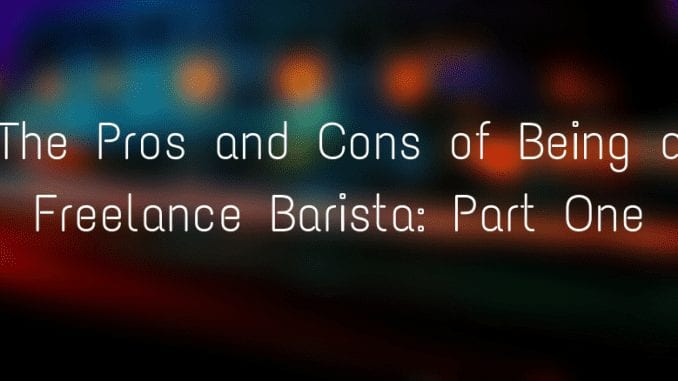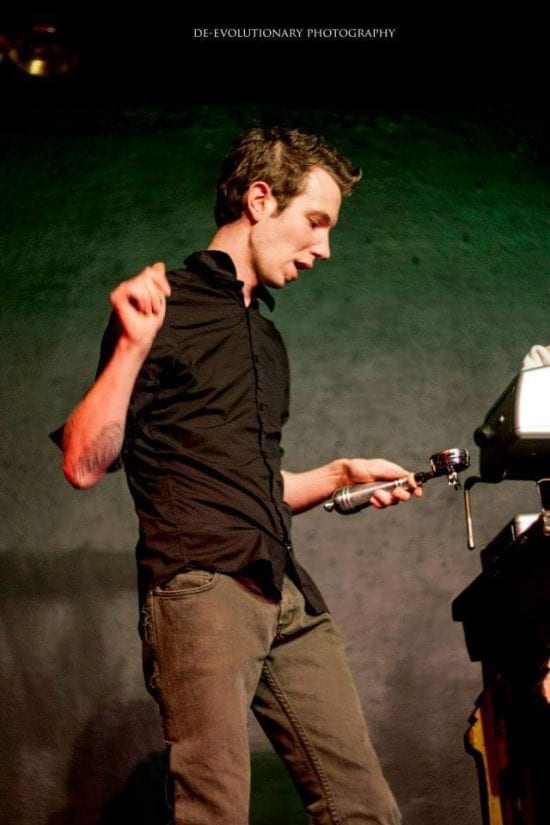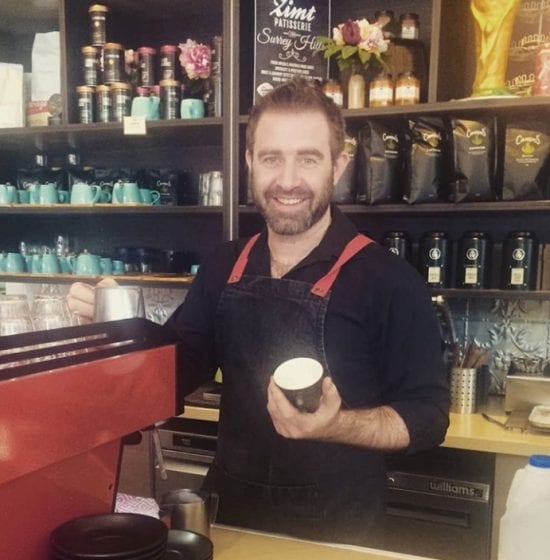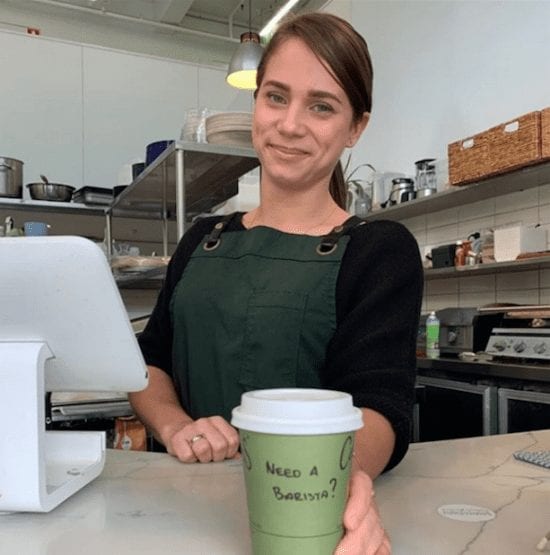
In this two-part series, we take a look at the pros and cons of being a freelance, short-term, or temporary barista.
BY MARK VAN STREEFKERK
BARISTA MAGAZINE ONLINE
Imagine a future where baristas are encouraged to have guest shifts, short-term, or temporary work at a variety of different cafés. It’s not necessarily a new idea. Some cafés have guest shifts, barista swaps, or have former employees and friends cover a shift in a pinch. Furthermore, what would it look like to formally work in that capacity as a freelance barista? In this two-part series, we’re taking a look at the pros and cons of independent barista work. In today’s first part, we explore the benefits of being a freelance barista.
For Seattle-based barista Kyle Dols, freelance work is an exciting opportunity. “Being able to experience how different shops flow, meet new people, and experience new coffee recipes—more knowledge is always better, and broadens your horizons,” Kyle says. “I think freelancing is definitely a future for the business. … I think everyone gets less stuck in their ways and gets to experience more of the world we live in, and that’s fantastic.”
Kyle has over 13 years of experience in the coffee industry, including a stint working at MAVAM Espresso Machines. Becoming a barista and entering the competition world helped him overcome social anxiety. He also spent time performing burlesque while making latte art, which helped banish any remaining competition jitters. “I realized, ‘Hey, if you can take your pants off in front of a whole bunch of strangers hooting and hollering, latte art isn’t that big of a deal,” he says. “I made my own persona called Ruff Strutto the Double Shot Entendre. I looked it up and I’m the only burlesque person in history to bring an espresso machine on stage and make a latte while stripping.”

Kyle made a network of connections through the competition scene, which led to opportunities for short-term and temp work. For over a decade, Kyle hasn’t scoured Craigslist for barista positions; he’s texted—or been texted by—people he’s met through competition about job leads or open shifts. Often, he’s asked to cover a shift for someone who has called in sick, is out of town, or for baristas traveling to competitions.
One undeniably appealing fact of freelancing is the variety, and another is being exposed to many different coffee preparations. “I like to mix things up,” Kyle says. “There’s a whole world of things out there, and everyone’s doing stuff differently. It’s fascinating to see what is all out there. If I have time in my schedule, if anyone needs a shift covered, I’ll just jump on that.”
For those just starting out, Kyle recommends joining local barista groups on Facebook to find short-term jobs; you can even make a post introducing yourself and that you’re available for temp work. Depending on where you live, there are companies that specialize in short-term barista staffing. New York-based Cups and Need a Barista in Australia are two companies that connect independent baristas with gigs. Both companies affirm another positive aspect of freelance baristas—they help cafés.

Cups is a comprehensive resource for every part of the coffee industry, serving New York, Philadelphia, Boston, Washington, D.C., Los Angeles, the Bay Area, Chicago, and Nashville. Their short-term staffing program coverthatshift.com is designed to help cafés. Emily Miller, director of accounts for Cups, reports that most of the cafés they work with are smaller shops. “Maybe they have a couple of locations, but they’re mostly at the level where they can’t afford to retain the full-time or part-time permanent staff to fill any possible gap in their schedule,” she says. “How we see it is we provide this service to be able to avoid having to add someone new to your payroll. Or I know shops do this, taking on the risk of paying someone under the table because they just need someone for a shift or two; we want to help avoid that risk for them.”
Alex Bray, founder and director of Need a Barista, says that working with coffee-specific staffing companies has its advantages. “Many on-demand services seem to have missed the opportunity of a positive relationship with the service providers on their platforms, but we love the baristas we work with, and we know how important they are to the industry,” he says. The company currently serves Melbourne, Sydney, Brisbane, and Adelaide.

Both Cups and Need a Barista vet their freelance baristas through on-boarding processes, then when there are open shifts available, they alert them through texts, which the baristas can choose to reply to or not. Baristas are independent contractors, which means accepting or rejecting a shift is completely up to their discretion.
“Once a barista is approved and goes live on the platform, they enter the ‘job pool’ for their city, and receive messages as soon as a shift in their area comes up. It’s as simple as replying YES to a shift notification. They then receive the shift details via SMS and email, and go and save the day!” says Alex.
Stay tuned for part two, which will address some of the downsides of being a freelance barista.

ABOUT THE AUTHOR
Mark Van Streefkerk is Barista Magazine’s social media content developer and a frequent contributor. He is also a freelance writer, social media manager, and novelist based out of Seattle. If Mark isn’t writing, he’s probably biking to his favorite vegan restaurant. Find out more on his website.
